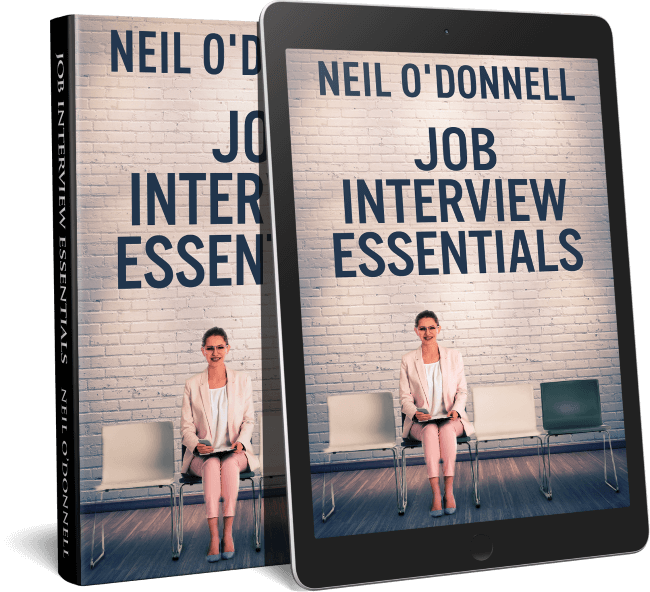21st Century Security Officer - Situational Awareness
Book excerpt
What is Situational Awareness or SA?
“Situational awareness or situation awareness (SA) is the perception of environmental elements and events with respect to time or space, the comprehension of their meaning, and the projection of their status after some variable has changed, such as time, or some other variable, such as a predetermined event.” This is the textbook definition provided by the United States Coast Guard.
Don’t let the above definition turn you away. In layman’s terms, SA means to be aware of what is happening in your surroundings, how it may change over time, how it may impact you and lastly knowing what to do at various stages. I’ll give you an example; let’s say you are driving and suddenly are driver cuts you off. In this case, the driver gets so close to your car that now you have to maneuver to avoid him. Do you know if a car is directly behind you? If you slam on your brakes you may get rear-ended. Can you swerve to the left or right and then decelerate? You could, but are there cars directly next to you or in your blind spot? If you swerve you may strike those vehicles as well. Are you wearing your seatbelt? You should be.
As you can see from the perspective of a driver being situationally aware can mean the difference between making it to work on time or being involved in a fatal car accident.
How to Hone Your SA Mentality
SA is often described more as a mentality than a thing you do. However, I find that with everything, if you have habits or rituals in place they will ultimately hone your skill level. In my opinion I don’t feel that SA is really any different. Practice makes perfect and there are a few things you can do to develops the habits that will lead to a clear picture and response to SA. Physical training, mental training, scenario training, and proper sleep. These practices may seem pretty straight forward as I’m sure your parents preached this to you on a daily basis (minus the scenario training) but the habits above are crucial to honing and improving you SA mentality.
Let’s start with physical training. It’s no secret that many in the security industry are, out of shape. This isn’t necessarily because the industry attracts people of lower fitness standards, quite the opposite. What I find is that most start out in good shape and as their career progresses they tend to spend more time working, more hours on the clock, more bad eating choices and each day these little decisions add up. An out of shape body can impact your ability to respond emergency situations or you yourself may become a victim due to a heart attack, low blood sugar, or succumb to heat exhaustion. Unless you train your body to be ready for the rigors of the job your reaction and speed will degrade which will ultimately ruin your ability to have sharp SA.
So how do we conduct physical training? Well, I’m a realist now and know that not everyone has a lot of time to exercise so I want to give you a few tips that might simplify things. Firstly, stretch. No matter what always ensure you set aside some time to stretch before and after your duty station. Stretching is proven to improve flexibility in your joints and reduce your chances of injury. It will also release tension in your body reducing stress overall and improving your mood. Next is cardio. Don’t have time to run? No problem. If you are a Security Officer on a roving patrol you have a chance to kick it into high gear, burn some calories in, and improve your muscle tone. Patrol faster, don’t run, just walk faster. When you increase your walking speed you increase your heartbeat. This will increase the number of calories you burn in a day and it will improve blood flow in the body.
Never, ever, ever take the elevator. That’s right you heard me. Firstly, if you work in security and you get stuck in the elevator than you must wait for someone to rescue you and that doesn’t look very good. Secondly, the stairs have huge potential for cardiovascular training and you need to take advantage of that. With each burning step of the stairs you are burning double the calories you would from just walking and you are building strong thigh muscles and calves which will help prevent you from early fatigue or help you lift someone atop your shoulders and carry them out of a burning building. So, don’t avoid the stairs, look at them as an opportunity for extracurricular activity and step-on!
Along with a physical sweat you want to work up a cerebral sweat through mental training. Personally, I prefer reading to keep up my mental sharpness by reading and reading often. I know many of you would ask me what to specifically to read or what books to recommend but honestly, it’s so difficult to say that one book would do you better than others. In this case I would recommend that you read a variety of things throughout your day and make a habit of it. On one hand, you could have a career manual or technical book like the one you are reading now. This will provide great resources and immediate practical application. On the other hand, you could be reading a fantasy novel, a novel about aliens or maybe even a biography of someone you find inspiring (George Washington is pretty awesome). Try reading a little bit of both during your day and don’t forget to throw some current events in there with the news. Local news is best to start with then you can move to international news.















Praesent id libero id metus varius consectetur ac eget diam. Nulla felis nunc, consequat laoreet lacus id.